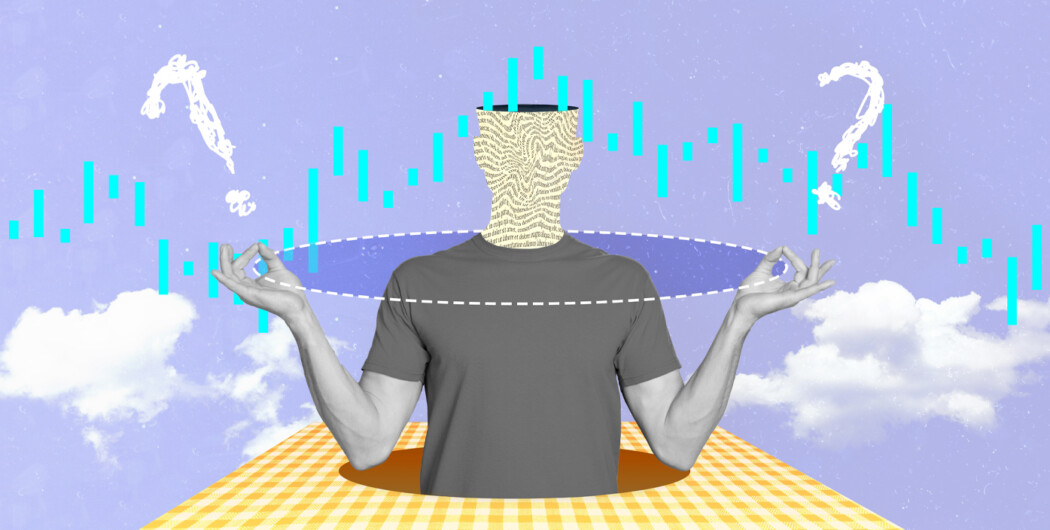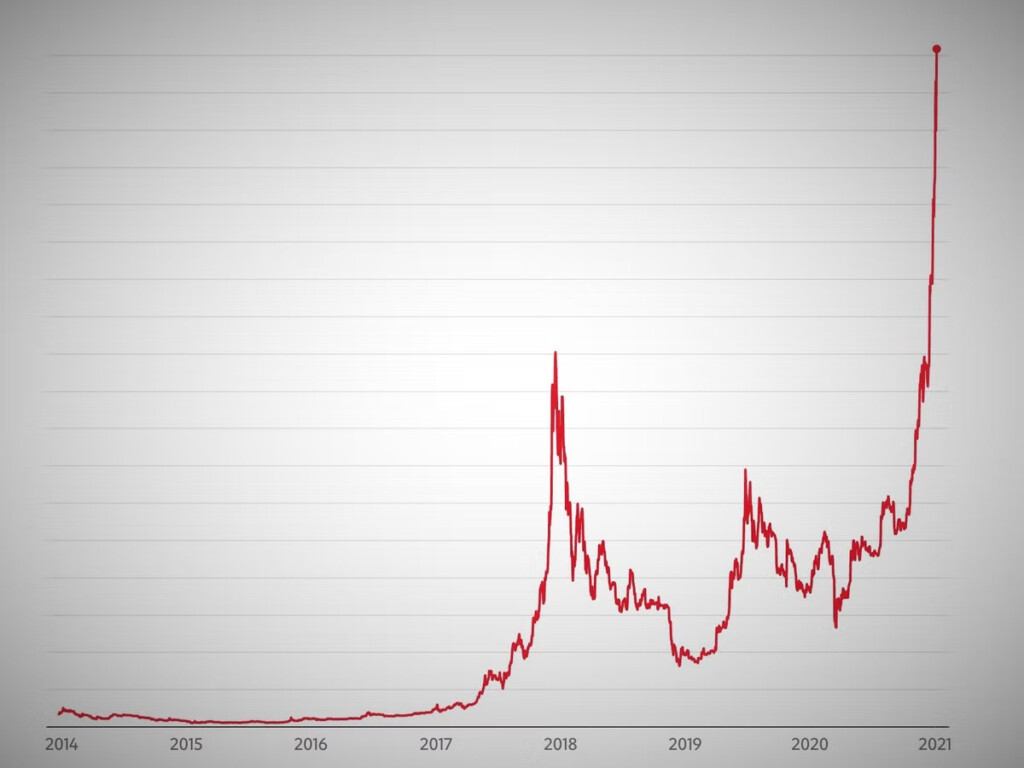

Did you know that exposing people to words related to elderly stereotypes like wrinkle or bingo can actually make them walk more slowly? Similarly, priming individuals with words related to achievement like success or win can improve their performance on tasks. That’s psychological phenomena in action, and it matters a lot.
Hopefully, no one’s arguing that psychology or discipline isn’t important for traders. But what exactly do they contribute?
Role of psychology in trading

Psychology in trading is like a hidden force that can make or break a trader’s success in the financial markets. While technical analysis and market knowledge are crucial, understanding the psychological aspects of trading takes it to a whole new level.
Here are some key points highlighting the role of psychology in trading:
- Emotions – Emotions, especially fear and greed, have a profound impact on trading decisions. One can lead to hesitation or avoidance, and the other – to excessive risks.
- Cognitive biases – Psychologists and behavioral economists have extensively studied cognitive biases and how they can distort traders’ thinking. If you’re interested, read up on loss aversion, anchoring, recency, and overconfidence.
- Risk perception – Traders’ perception of risk varies based on their psychological makeup and subjective interpretation of market conditions.
- Decision-making under uncertainty – This is another significant area of study within psychology, and it affects how you evaluate risks, weigh potential rewards, and make choices based on limited or incomplete information.
- Self-awareness – It is considered a key component of self-regulation and self-reflection, and it shapes how traders monitor and evaluate their own thoughts, feelings, and actions in relation to their goals and values.
All of these aspects are essential elements in understanding and managing the challenges that traders face.
Significance of discipline in trading
Now, let’s shift the focus to discipline and the key points highlighting its significance:
- Consistency and execution – Just like a skilled craftsman who follows a specific technique for consistent results, disciplined traders have a well-defined approach to trading. They understand the importance of sticking to their strategy and not being swayed by short-term market fluctuations or impulsive urges.
- Risk management – Traders with discipline prioritize capital preservation and avoid taking excessive risks that can lead to significant losses. Even in the face of tempting opportunities, they maintain a steadfast commitment.
- Adaptability and continuous learning – Disciplined traders approach each trade as an opportunity to learn. They meticulously review their trades, examining the factors that influenced their decisions and evaluating their outcomes. Moreover, actively seek out new knowledge and stay abreast of market developments.
As you can see, discipline in trading is not a mere buzzword but a fundamental aspect that separates traders who achieve consistent results from those who struggle to find their footing.

Comparing psychology and discipline: influences and interrelationship

Psychology and discipline share a reciprocal connection in trading, each influencing and reinforcing the other. For instance, by incorporating psychological insights into their approach, traders can develop discipline strategies that account for these psychological factors. Similarly, discipline acts as a crucial tool for managing psychological tendencies. It provides a structured framework that helps traders overcome impulsive behavior, emotional biases, and cognitive errors.
Sure, it’s fun and informative to compare psychology and discipline; but they are not mutually exclusive. Therefore, it’s not a matter of choosing one over the other but rather recognizing the interplay between them.
Think about both subjects this way: psychology and discipline form a feedback loop in trading. Psychological factors can impact a trader’s ability to maintain discipline, while discipline can shape and influence a trader’s psychology.
Striking a balance: the ideal approach for traders
“The quality of your trading is directly related to the quality of your thinking.” Mark Douglas
Psychology acts as the foundation for a trader’s thinking. When traders delve into the depths of their psyche, they gain valuable insights into their own biases, beliefs, and cognitive patterns. They become attuned to the subtle influences that can cloud their judgment, like fear or overconfidence.
However, thinking alone is not enough. It must be accompanied by discipline, which serves as the bridge between thoughts and actions. Discipline cultivates the habits of consistency, resilience, and unwavering focus, which make it possible for traders to weather market volatility with grace. All in all, prioritize both.
Sources:
Trading psychology: An introduction to behavioural biases, Capital
Why Trading Discipline is the Key to Consistent Profitability, BabyPips








